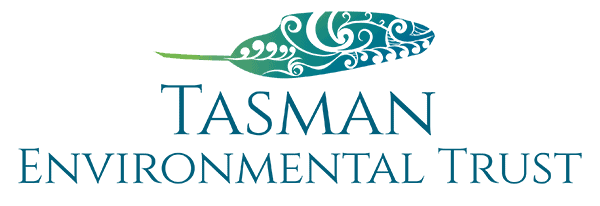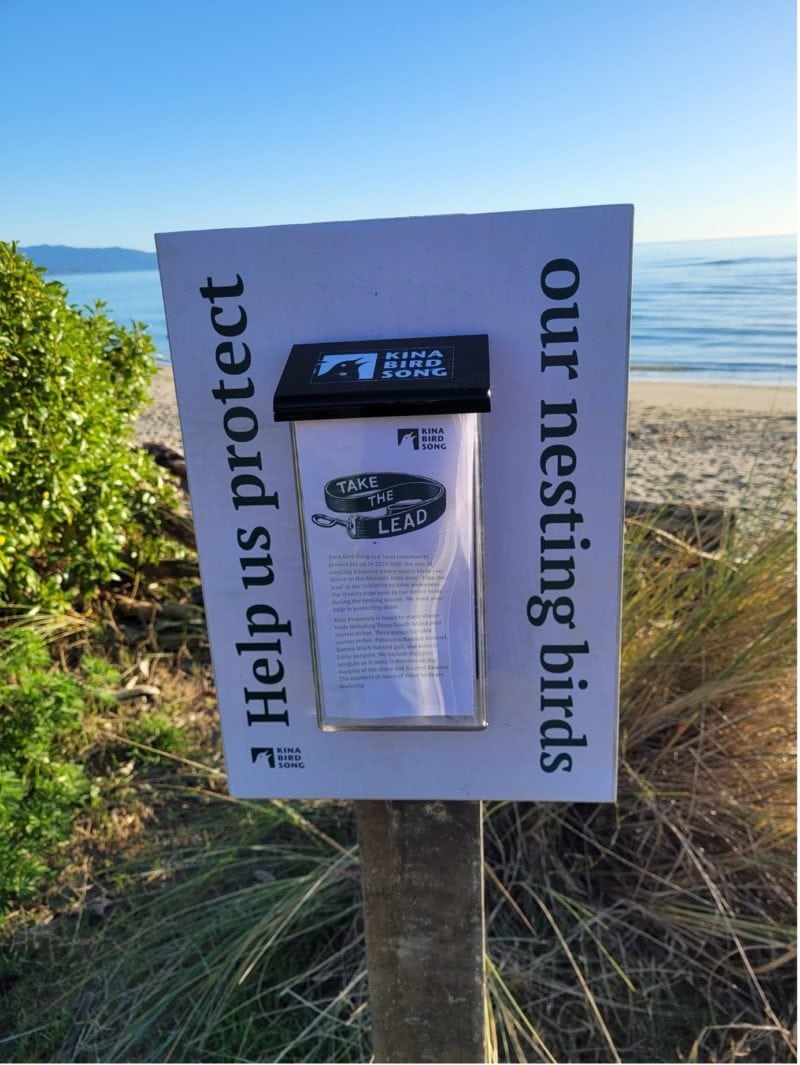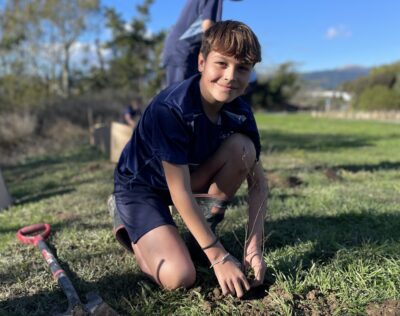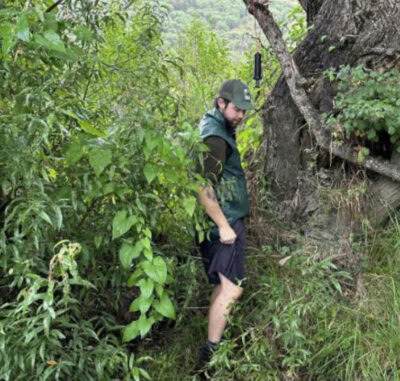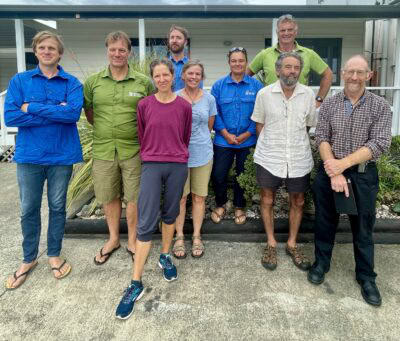From Motueka to Tasman, and Kina to Jackett Island, a dedicated initiative is safeguarding endangered native birds.
Kina Bird Song is on a mission to raise awareness about the threat posed by ‘man’s best friend’ to native birdlife. At the forefront of this mission is the ‘Take the Lead’ campaign, a rallying call to dog owners to play a vital role in conservation by keeping their pets on a lead when in nesting zones. Walkers can expect to see information pamphlets in perspex boxes at intervals along popular routes.
Since 2020, the Kina Bird Song project has been working to improve the plight of endangered birds in the Moutere Inlet. Despite its modest size, the project has garnered substantial support, with approximately 70 dedicated members listed on Trap NZ.
According to Project Coordinator David Easton, the area has a terrific population of variable oysters, koromako, and tui. Koromako populations are on the increase in Motueka, with people reporting sightings in their gardens. Acknowledging the collaborative spirit, David gives due credit to Project Janzoon and the Abel Tasman Birdsong Trust for their substantial efforts in predator control within the region.
David says there are just over 600 predator traps around the Moutere Estuary logged on Trap NZ and many more traps that private landowners are putting down themselves.
A tragic dog attack on a little blue penguin last year, highlighted the presence of little blue penguins in the area. Linda and Larry Jenkins from the Tasman Bay Penguin Trust lent their expertise and played a pivotal role in identifying hatching sites and implementing protective measures. Since working with Larry and Linda, the team now know exactly what to look for and have found tracks on the coast. They’ve installed trail cams and this season they’ve captured images of little blue penguins including fledged chicks.
A dog attack resulting in the death of a bird is a dire scenario, but dogs can be disruptive to nesting and feeding in other ways; chasing and scaring off birds which can deplete their energy reserves and cause them to leave their nests vulnerable. Eggs can be trampled by dogs and even eaten.
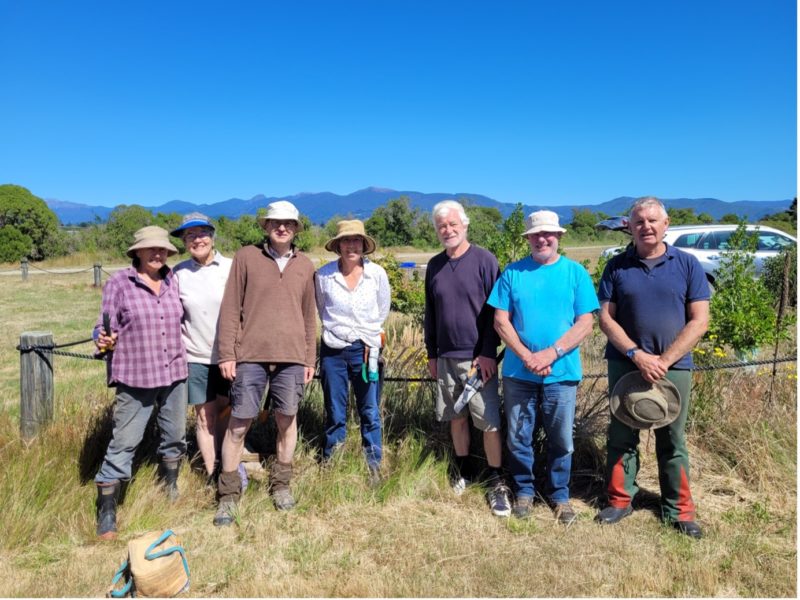
In a bid to provide safe havens for birdlife, the project, with the help of community support, has set up 40 nesting boxes from Port Motueka to the Kina Coast. These boxes, designed to discourage possums, were crafted and donated by the Motueka Menzshed and aim to mitigate threats faced by native birds during nesting.
“Last winter, we were able to put out 40 nesting boxes, made and donated by the Motueka, Menzshed and restored 40 more, with the help of the Tasman Bay Penguin Trust,’ says David.
The work doesn’t stop there, with a clear need for public education around dog control.
‘Our aim is to gently build up knowledge and awareness without telling people what to do and without being threatening.” There are plenty of places where dogs can safely be off lead, but we do need the public’s cooperation in keeping their animals on leads around nesting birds.’
David Easton
Beyond physical conservation efforts, the Kina Bird Song project is engaging Tasman school where they have a number of traps and are collaborating on planting initiatives, such as Te Mamaku Drive.
A variety of traps, from DOC 200 to T-Rex, Trapinators, and Victors, are used to control predators and protect the native bird population.
As the “Take the Lead” campaign gains momentum, the Kina Bird Song project stands as a testament to how collaborative efforts and responsible practices can ensure the continued existence of our precious native birds in the Moutere Inlet and beyond.
